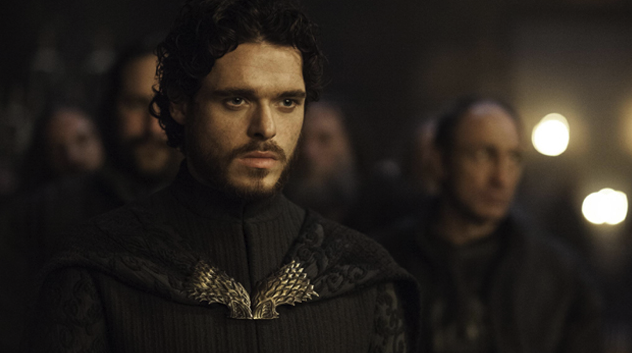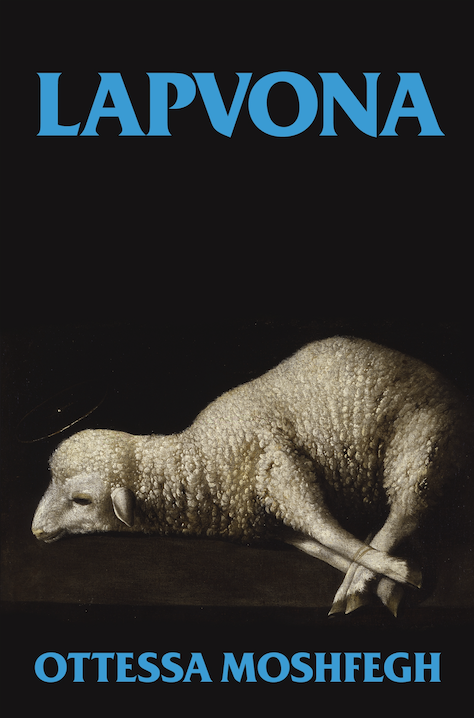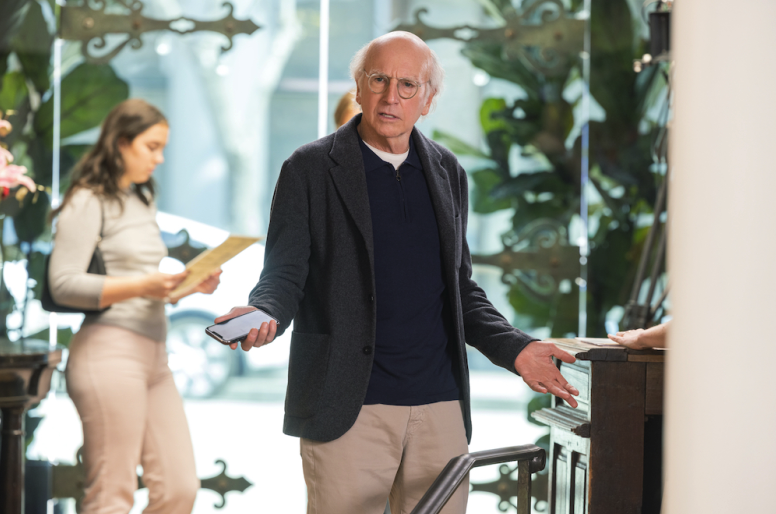Is House of the Dragon too violent? Going by the one and only episode I’m likely to watch: yes. Was it the only episode of the Game of Thrones prequel I intended to watch? No.
Spoiler alert: I’m squeamish. How squeamish? Well, a number of episodes into Yellowjackets, a flashback-heavy show about a team of New Jersey high-school soccer players whose plane crashes in the wilderness, there’s scene in which someone dives into a pool and hits their head on the bottom.
At least, I think they hit their head: I saw the dive, heard the clunk and slammed the laptop closed so quickly and forcefully it still makes a funny noise when I open it. I was invested in the characters and storylines, and had even grimaced, eyes-closed, through an impromptu leg amputation, but that was it for me: done. How does that show end? Don’t know, don’t care.
Read: House of the Dragon review: a fiery new game is afoot
The show must go on
Despite this constitution, I watched all of Game of Thrones. I was invested, and also – on a number of occasions – disgusted. Khal Drogo melting Visery’s head with molten metal … gadz. Nine-year-old Shireen Baratheon being burned alive by her dad, Stannis … jaysus. And, of course, the Red Wedding, a sequence so violent and (if you hadn’t read the books) so unexpected that I still can’t revisit it in my mind.
Yes, these were made-up people and, yes, the blood was corn syrup and, yes, I saw Robb Stark play Elton John’s manager in Rocket Man long after he was skewered in GoT and he seemed fine, but that violence happened, in my mind. The reason I went on with the show is because I needed to, because I’d committed to it. And maybe because of that, I’m a bit more cautious now.

I recently started reading Lapvona, the new novel by Ottessa Moshfegh, and got two chapters in before quitting (or pausing … I might return) due to the unrelenting violence against characters I could still, but only just, walk away from. A malformed boy relentlessly beaten by his father who continually points to the blood stain on the floor where the boy’s mother died … I can’t …
With House of the Dragon, I’m one of the many people who watched the premiere, making it the most-viewed HBO television premiere, with 10 million watchers. I’d already been warned that there was a ‘troubling’ birthing scene, so I knew, when I saw it coming, what to do.
Unlike with the birth of my own two children, during which I was so high on adrenaline I could have lost both hands to an alligator without flinching, I closed my eyes and covered my ears, saying ‘lalalalala’ for what felt like about an hour while my partner, sitting beside me, shouted ‘Keep them closed, oh, oh gawd, oh, keep them closed …’
Trigger warning

I’m not the only one who was troubled by the episode. Some viewers complained that it didn’t come with a trigger warning for an extreme portrayal of obstetric violence that could be uncomfortable for those who, to state the obvious, maybe already – or will – deal with the actual trauma of giving birth.
Of course, it also tied in neatly with the GoT universe’s peculiar penchant for cruelty towards women.
Plenty has been written about the sexual violence against women in GoT and the mental gymnastics of those who say, ‘Well, it was the ancient world, what do you expect?’ – the type of statement that makes you wonder whether these people might actually believe dragons were real and that showing them to us now is basically a documentary on a par with David Attenborough’s Blue Planet.
Not that women are the only ones to suffer. Barely had I unclenched my face during the first episode when jousters were suddenly fighting to the brutal death. If the surrealists described their aesthetic as ‘the chance meeting, on a dissecting table, of a sewing machine and an umbrella’, the House of the Dragon showrunners seem to think of entertainment as chance meeting, in your living room, of an axe and a face …
And so, despite potential FOMO, I’m going to have to pass on the remainder of House of the Dragon. A friend mentioned that episode two was much calmer, more political and had less graphic violence – it also beat viewership figures for the premiere, rising to a very healthy 10.2 million. I’m glad about that, and I hope everyone enjoys the good times before someone else loses an eye, skull or spleen.
Enthusiasm: curbed
Meanwhile, I’ll be watching old episodes of Curb Your Enthusiasm, a show I never saw at the time. It looks dated (not least the square-screen format) and it’s not without violence. But it’s nearly always – and quite emphatically – verbal violence, an endless loop of storylines in which Larry David says the wrong thing, or reacts in the wrong way, spurring everyone in his vicinity to chaos, confusion and anger.

It’s predictable and I suppose a little cathartic. I can imagine myself getting into those kinds of sticky spots and having to battle my way out of them, somehow, to a happy resolution. It reflects, in an exaggerated way, the world – or at least the type of world (American, wealthy and obnoxious) in which the series is set.
And, in a way, House of the Dragon does the same. Even though it’s set in 105AC – whatever that means – it’s being made and served up to us now, in 2022. Is this an era in which dragons (or other types of destruction wrought by widespread fire) dominate headlines? Yes. Do horrible acts of violence, including gratuitous gendered violence, happen every day? Yes. Are wars currently raging in which lives are lost and nobody knows what on earth will happen next? Yes.
Do I need to see those things play out in a high-resolution fictionalised form on my sofa of an evening after finally tuning out from the world’s horrors? No, I really don’t.
House of the Dragon is currently streaming on HBO/ Foxtel.





